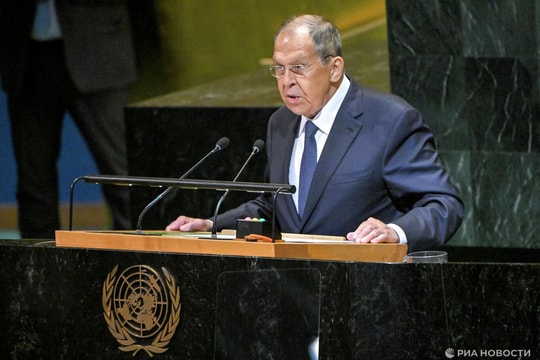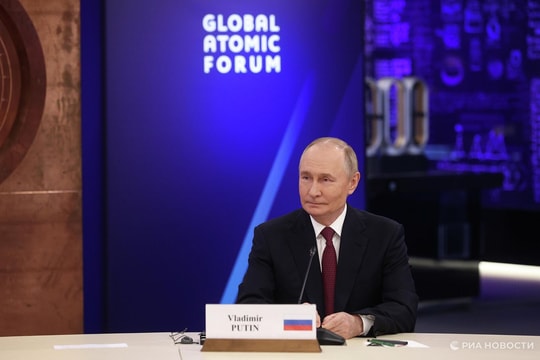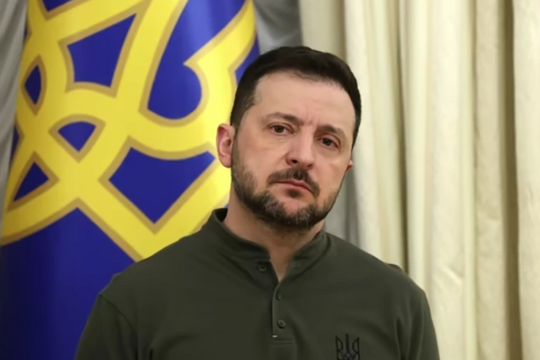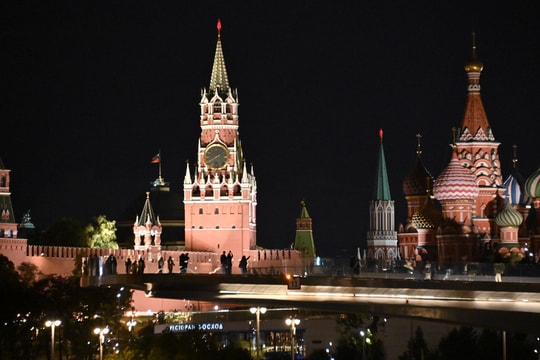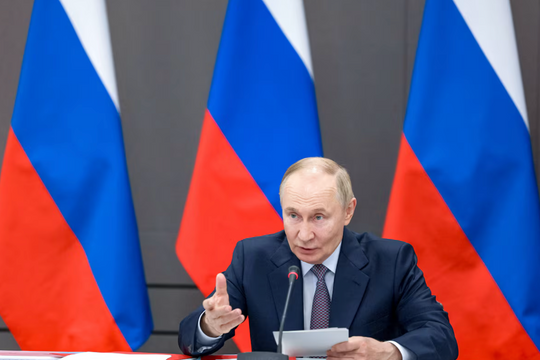Russia's Secret Islamic Special Forces Brigade in Syria
The secret deployment of 1,000 Islamic special forces soldiers to Syria is considered an effective solution for Russia to maintain its battlefield advantage and minimize political risks.
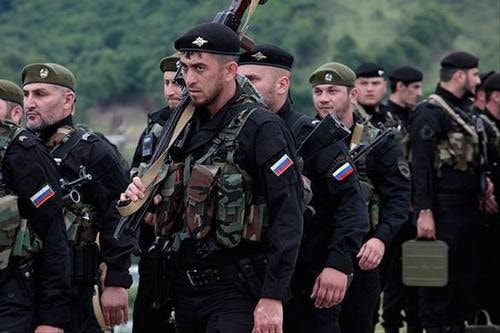 |
Chechen special forces before deployment to Syria. Photo: Pravda. |
Since the start of its military intervention in Syria in September 2015, the Russian military has helped the government of Syrian President Bashar al-Assad turn the tide of the war, recapturing the strategic city of Aleppo. Russia has begun to reduce its military presence and has taken steps to expand its role in Syria.
One of them is the deployment of a number of Chechen and Ingush special forces units from the North Caucasus region. This is considered a new secret weapon for Russia to maintain its advantage on the Syrian battlefield, according to Foreign Policy.
According to intelligence analyst Neil Hauer, Russian forces are mainly responsible for air support missions in Syria. Apart from some artillery and SSO units deployed in Hama province, along with a team of military advisors in Latakia, Russian infantry plays a very small role on the battlefield.
However, Russia has recently deployed a very powerful weapon to the Syrian battlefield: Chechen and Ingush Muslim brigades from the North Caucasus. The appearance of these Muslim brigades marks a strategic shift for the Kremlin in Syria.
With these brigades, Russia has an elite infantry force of Sunni origin operating on the Syrian battlefield, a move that will allow Russia to play a larger role in shaping events on the battlefield in the long term.
The role and size of these brigades remain a secret. Public sources suggest that Russia deployed around 500 Chechen soldiers to Syria late last year. The number of Ingush soldiers is thought to be around 300.
Despite being called "military police", the soldiers of these brigades are said to be drawn from the Spetnaz special forces units of the Chechen armed forces, deployed not only to perform conventional roles such as operating checkpoints, distributing aid,coordination with the Syrian Arab Army (SAA)protect bases and cities supporting the Syrian government.
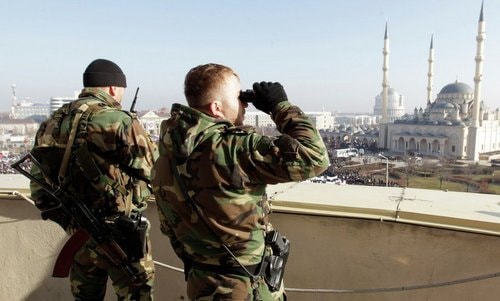 |
Chechen soldiers on guard in Syria. Photo: Reuters. |
With the ability to take on combined military and civilian roles, these brigades have become a reliable force as Moscow seeks to assert its position on the battlefield.
In addition to their combat skills, the Islamic special forces brigade has another important role. The Russian public is sensitive to casualties in Syria. Moscow has officially reported only 30 casualties, but the actual number could be higher. Using Chechen and Ingush special forces could help the Kremlin avoid public outcry if the death toll rises.
Using these fighters also has another advantage for Moscow. The North Caucasus region’s population is overwhelmingly Sunni Muslim, a faith shared by the majority of Syrians. Since the unit’s deployment to Syria, Russia has sought to use its shared religious identity to build relationships with the local population.
The first phase of the Islamic special forces deployment ended on March 27 when the Chechen military police returned home. This initial success led to their continued use. A month later, Chechen leader Ramzan Kadyrov announced that a new unit had been deployed to Syria. Meanwhile, the Ingush battalion continued to operate in Damascus.
So far, Chechen and Ingush forces appear to have focused on a few key areas for Russia in Syria. While their role is unlikely to expand significantly in the near future, the North Caucasus battalions will continue to be at the forefront of Moscow’s grand strategy, Hauer stressed.
Russian SSO special forces operating on the Syrian battlefield:
According to VNE
| RELATED NEWS |
|---|

